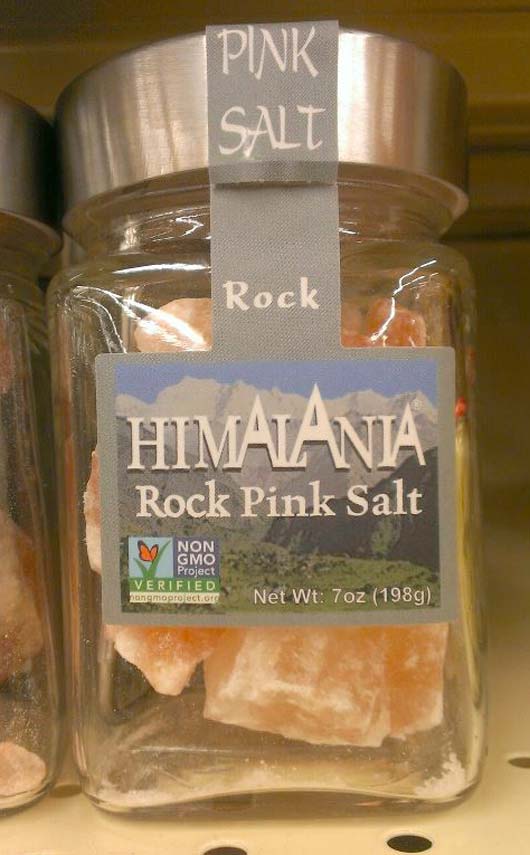They are claiming salt is killing millions per year, and Washington Post is readily repeating it (look for 'women, minorities impacted most' to appear soon) despite there being no scientific evidence it is true.
Quick, what is the right amount of daily salt for you? There is none, instead we get population-level statistics using food-frequency questionnaires and WHO making clinical recommendations based on it despite knowing that is false.

What if salt, which not an organism with genes to modify, has a Non-GMO label? Will it prevent heart disease then? Many believe so.
Here is the problem; salt has been correlated to a risk factor for heart attacks and other diseases and therefore 22 million deaths. That means an epidemiologist took rows of diseases and columns of foods and looked for enough of a link to declare statistical significance. You can use fMRI to see changes in behavior of dead fish with statistical significance, despite it being impossible, you can declare coin flips racist against heads - or tails - with statistical significance.
Chronic abuse of statistical significance is why a group of experts writing in Nature asked journals, including Nature, to stop seeing statistical significance declared and think it means that's a solid scientific result. It isn't, but corporate journalists continue to tell the public it is.
Do you eat butter? How about eggs? Once upon a time WHO used the same methodology to claim those are killing you. Their alternative to butter was trans fats and partially hydrogenated vegetable oil, which they now say you must abandon or they will kill you - and go back to butter.
WHO is just being WHO, no one is listening to the bureaucracy that told America smallpox couldn't be eliminated and then took credit when we did it anyway. Every country nods along but knows arbitrary population-level salt targets are nonsense. In 2013, every country in the world agreed to reduce 'sodium intake' 30 percent by 2025. To-date, no country is on track to do so.
The UN response is to push the date back to 2030.
It won't fix the lack of real science needed before salt recommendations can be clinically relevant.



Comments